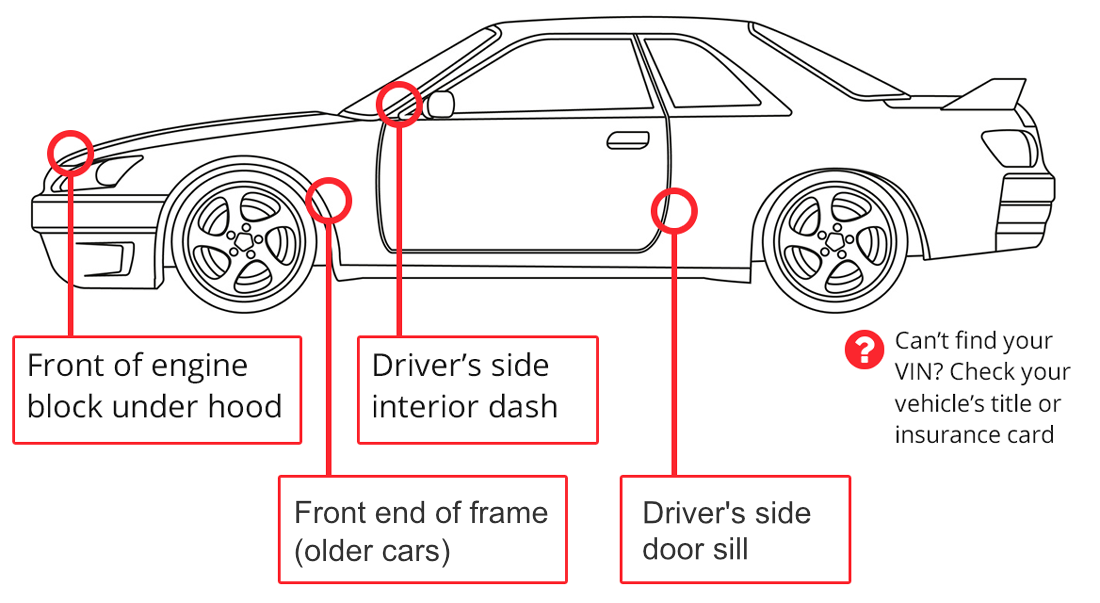Why is a Vehicle Title Search important?

A vehicle title search is important for several reasons. It is especially vital when shopping for a used vehicle.
By conducting a car title search, you can verify that the seller has a legitimate right to sell the vehicle and may help prevent you from buying a vehicle with undisclosed legal entanglements. A California title check may help to protect you from falling victim to such fraud.
A vehicle title lookup may identify outstanding liens on the vehicle. Most commonly this could mean that the current owner still owes money to a lender. The search may also identify mechanics liens and outstanding debts. A mechanic's lien is a legal claim that allows a mechanic or repair shop to retain ownership of a vehicle until the owner pays for services or repairs performed on the car. If the debt isn't settled, the lienholder has the right to take possession of the vehicle and sell it in an attempt to recover on the debt. It is highly advisable for pre-owned vehicle buyers to steer clear of vehicles with mechanic liens, as they pose additional legal complexity and risk in the legal ownership and vehicle registration process.
The report may also reveal if the vehicle has been involved in major accidents, floods or other incidents that may affect its safety and value. In cases where the vehicle has been declared a total loss by an insurance company and subsequently repaired, the vehicle history report may also identify the title brand such as salvage, rebuilt, TMU (Total Mileage Unknown), theft recovery and more... In addition, a title search can alert you if a vehicle has been reported as stolen. Buying a stolen vehicle can lead to legal issues and the loss of the vehicle without compensation.
What Information can a VIN Check uncover?
A VIN check is a crucial part of the vehicle buying process, as it may help uncover undisclosed events and issues that may affect the vehicle's value, road worthiness and safety. Here is some of the information that a full Vehicle History Report may contain:

Accident History
Detailed reports on any accidents the vehicle has been involved in, including the severity of the accidents and the extent of the damage.

Vehicle Specifications
Detailed specifications about the vehicle, including its make, model, year, engine type, and more...

Title Information
Crucial details about the vehicle's title, such as whether it has a clean title, salvaged title, or any other issues that may impact its value.

Vehicle MSRP & Value
The vehicle's original MSRP as well as an estimation of the current market value, helping buyers and sellers determine a fair and competitive price.

Odometer Readings
Verification of the accuracy of the reported mileage to prevent odometer fraud.

Fuel Efficiency
Information about the vehicle's fuel efficiency, giving potential buyers insights into it's operational costs.

Sale & Lien Records
Reports may contain sale and lien related data such as sale dates, repossession, sale amounts, lienholder/bank names, locations and status.

Photos
Images of the vehicle pre and post accident can help aid in determining accident location and severity.

Ownership History
An ownership history, including the number of previous owners and the duration of each ownership.

Auction Records
Owners provide their unbiased opinions about the vehicle's performance, reliability and value.

Recall Information
Details about manufacturer recalls, indicating whether the vehicle has been subject to any recalls and if the necessary repairs have been made.

Vehicle Commercial Use
Records indicating whether the vehicle has been used as a taxi, law enforcement vehicle, rental car or for any other commercial purposes

Warranties
Reports may reveal existing warranty information, coverage dates and mileage restrictions.

Title Records & Brands
Recognition of any significant event that could lead the insurance company to declare the car a total loss and assign specific designations to the vehicle title, including junk or salvage, rebuilt, theft recovery, TMU (True Mileage Unknown), and more...










